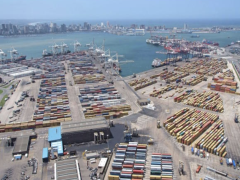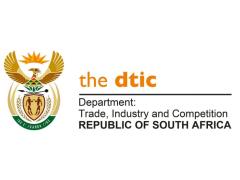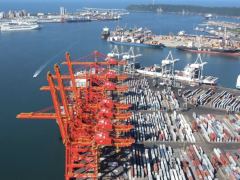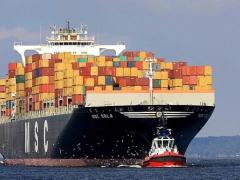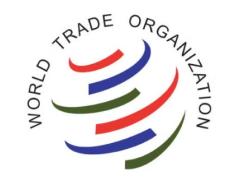Unknowing consignee is protected
WITH THE signing of the amendment to the Merchant Shipping Act to include a ruling initiating the new ISM (International Safety Management) code for ships calling at SA ports, the marine insurance industry has also now put its ISM procedure into action.
This is a recommended endorsement to policies from AMUSA (Association of Marine Underwriters of SA). Said chairman, Dave Keeling, m.d. of Cigna Insurance: We've done an endorsement which basically excludes cover for shipments on non-compliant vessels.
It is the clause - Cargo ISM Endorsement - being utilised internationally in the insurance industry, Amusa vice-chairman John Hill of Associated Marine Underwriting Agency, told FTW.
What insurers are doing in adding the endorsement is basically protecting the innocent consignee of the goods, he said. This is where the consignor ships on a non-compliant vessel, of which the consignee is unaware.
If the shipment is sent FOB (Free on Board) - where the freight is arranged and paid for by the consignee - he should have first checked for an ISM rating for the vessel in question.
If not, no claim will be met.
And Hill released a copy of the endorsement to FTW.
It reads:
Applicable to shipments on board Ro-Ro passenger ferries.
Applicable with effect from July 1, 1998, to shipments on board:
1) Passenger vessels transporting more than 12 passengers, and
2) Oil tankers, chemical tankers, gas carriers, bulk carriers and cargo high-speed craft of 500 gross tons or more.
Applicable with effect from July 1, 2002, to shipments on board all other cargo ships and mobile off-shore drilling units of 500gt or more.
In no case shall this insurance cover loss, damage or expense where the subject matter insured is carried by a vessel that is not ISM Code certified, or whose owners or operators do not hold an ISM Code Document of Compliance when, at the time of loading of the subject matter insured on board the vessel, the Assured were aware, or in the ordinary course of business should have been aware:
a) Either that such vessel was not certified in accordance with the ISM code.
b) Or that the current Document of Compliance was not held by her owners or operators.
As required under the SOLAS Convention 1974 as amended and incorporated in the SA Merchant Shipping Act.
This exclusion shall not apply where this insurance has been assigned to the party claiming hereunder who has bought or agreed to buy the subject matter insured in good faith under a binding contract.
l The new ISM safety code became international maritime law on July 1 and is designed to ensure safety at sea, prevent human injury and loss of life and avoid damage to the marine environment.
By Alan Peat


